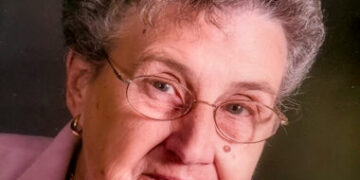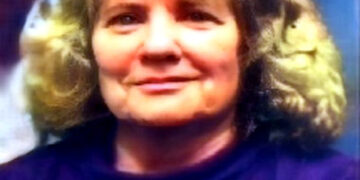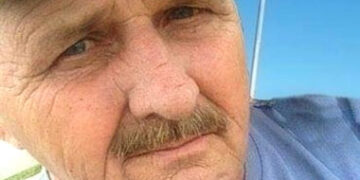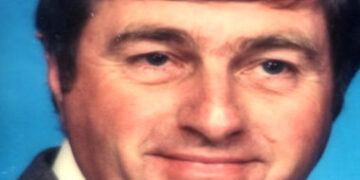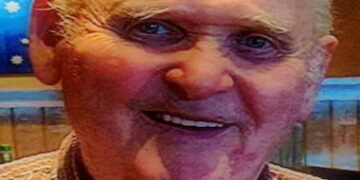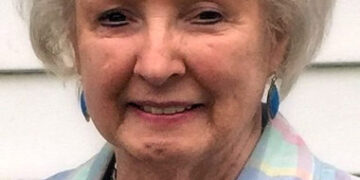More Ohioans are sick broken hearts. Researchers at the Cleveland Clinic blamed stressed caused by the COVID-19 pandemic and the lockdown measures meant to fight it. Many people are out of work and isolated from friends, family, and co-workers.
Cardiologists at the hospital noticed a huge spike in the number of patients suffering from Broken Heart Syndrome recently. In March and April, the number of patients diagnosed almost quadrupled.
Broken Heart Syndrome
Broken Heart Syndrome is the common name for stress cardiomyopathy.
Cleveland Clinic researchers have found a significant increase in patients experiencing stress cardiomyopathy, also known as broken heart syndrome, during the COVID-19 pandemic. According to researchers, “Stress cardiomyopathy occurs in response to physical or emotional distress and causes dysfunction or failure in the heart muscle. Patients typically experience symptoms similar to a heart attack, such as chest pain and shortness of breath, but usually do not have acutely blocked coronary arteries. The left ventricle of the heart, however, may show an enlargement. ”
Other symptoms of the syndrome include:
- irregular heartbeat
- fainting
- low blood pressure
- cardiogenic shock
Sick With Stress
While the virus itself doesn’t trigger Broken Heart Syndrome, the fallout associated with worry and lockdown does. ““The COVID-19 pandemic has brought about multiple levels of stress in people’s lives across the country and world. People are not only worried about themselves or their families becoming ill, but they are also dealing with economic and emotional issues, societal problems and potential loneliness and isolation,” said Ankur Kalra, M.D., a Cleveland Clinic cardiologist “The stress can have physical effects on our bodies and our hearts.”
Doctors don’t exactly what triggers the issue but they believe the release of stress hormones. reduce the heart’s ability to pump – causing it to contract less efficiently or irregularly instead of in a steady, normal pattern.
Four Times As Many Patients
Cardiologists studied 258 patients at Cleveland Clinic facilities with heart symptoms between March 1 and April 30. They compared them a similar group of patients from before the pandemic. Stress cardiomyopathy cases jumped from 1.7% of patients to 7.8%. None of these patients actually had COVID-19.
Most patients with the condition recover within a few weeks, although it can be fatal for some people. It is usually treated with medications. Dr. Grant Reed from Cleveland Clinic also said, “For those who feel overwhelmed by stress, it’s important to reach out to your healthcare provider. Exercise, meditation, and connecting with family and friends, while maintaining physical distance and safety measures, can also help relieve anxiety.”
The researchers called for other hospitals to undertake similar studies to determine how widespread the issue is.


























































